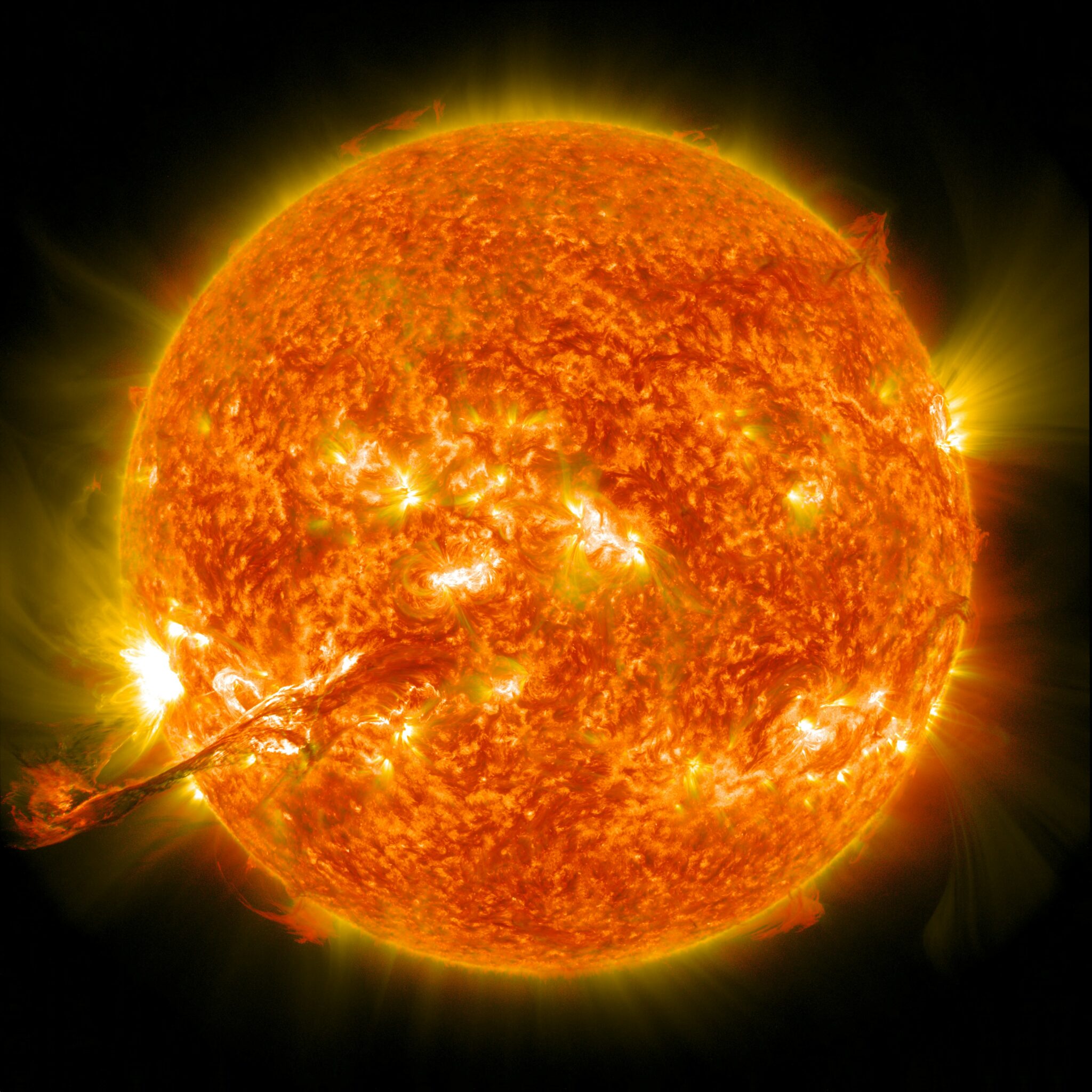There is a theory that consciousness is limited not only to living beings, but also to inanimate ones. All physical objects of the Universe – planets, stars, galaxies – have a mind and “feel” the world around them. This concept, known as panpsychism, is not new, and has been around for thousands of years.

A new publication in Popular Mechanics raises the question of this philosophical trend, that consciousness is present in everything that exists. Although the original versions of this idea were expressed in Ancient Greece, the term panpsychism was introduced in the XVI century by the Italian philosopher Francesco Patrizi.
The idea partially lost its popularity under the influence of logical positivism in the 1920s. But already at the beginning of the XXI century, it began to gain popularity again. In 2004, Giulio Tononi, an Italian neuroscientist, proposed an “Integrated Information Theory of Consciousness,” which argues that consciousness is a common phenomenon.
In 2014, famous neuroscientist Christof Koch supported this idea in his Scientific American article, arguing that groups of elementary particles could have consciousness, because how else to explain the nature of wave-particle dualism. Even the scientist Ben Herzl, known as the pioneer of artificial intelligence, supports the idea of panpsychism.

Rupert Sheldrake, a biologist and writer, supported this theory in 2021, stating that the Sun might have consciousness. His opinion about the connection of consciousness with rhythmic electromagnetic fields remains controversial, but it creates interesting considerations.
Although the idea of panpsychism has no scientific basis and is often rejected, it remains interesting for science fiction. There is a possibility that the Sun has its own consciousness and can influence events on Earth through solar flares and other phenomena.
These ideas remain only hypothetical, but they provide an opportunity for philosophical reflection on the nature of the world order.
Earlier, we reported on how dark matter was a reflection of a parallel universe.
Follow us on Twitter to get the most interesting space news in time
https://twitter.com/ust_magazine


